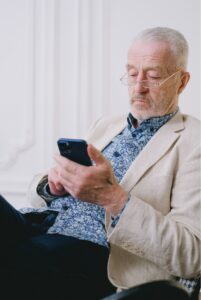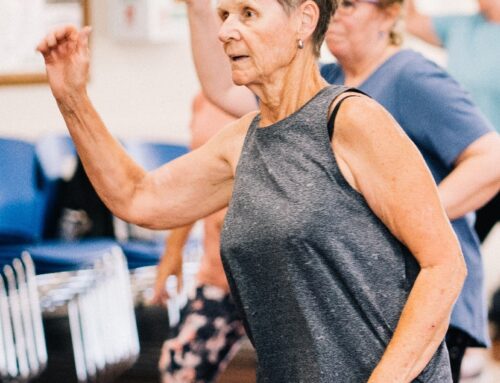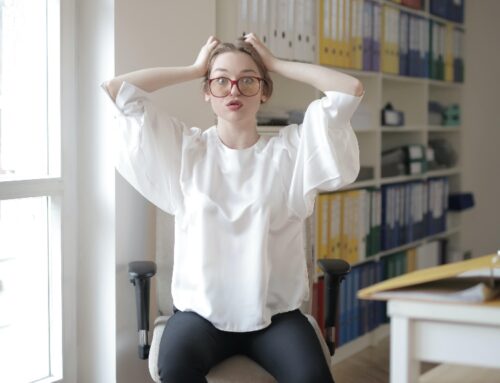 Anxiety is a complicated thing. It’s characterized by intense worry and fear. It can also involve restlessness and insomnia, racing thoughts and irritability. It is not easy to cope with, but counseling helps.
Anxiety is a complicated thing. It’s characterized by intense worry and fear. It can also involve restlessness and insomnia, racing thoughts and irritability. It is not easy to cope with, but counseling helps.
However, not everyone with anxiety actually goes to therapy. This can be for a lot of reasons, from the existing stigma surrounding mental health to a lack of available and affordable therapists close by. That’s why a lot of people have turned to mobile apps.
There are a variety of available mobile apps centered on improving one’s mental health, and many of these cater to anxiety specifically. But that doesn’t mean they really do help people cope with anxiety.
Who Do the Apps Help?
The truth is, mobile apps do help. But they help different people in different ways. People who show mild symptoms of anxiety are more likely to find mobile apps effective, even without going to therapy. Because their symptoms are mild, they don’t need as much help to manage them, and they can get by with the help of mobile apps alone.
For people with moderate-to-severe symptoms, however, mobile apps aren’t enough on their own. They can be useful if used in addition to counseling, but they won’t find them as effective as people with mild symptoms. This is normal. People with moderate-to-severe symptoms need more help, the kind only a professional can provide, no matter how good mobile apps are.
Side-Effects of Mobile Apps
While the main purpose of these apps is to help people manage their anxiety symptoms, it’s not the only effect they have. Mobile apps allow the people who use them a sense of control over their own recovery. This can be particularly helpful for people with anxiety, as anxiety can be closely linked to the need for control.
 An unexpected side-effect of mobile apps is their reduction of the stigma that surrounds mental health recovery. For someone who isn’t comfortable with the idea of going to therapy, mobile apps can be a good first step towards recovery. They allow people to get more comfortable with the idea of treating their own mental health, and they may even push them towards counseling in the long run.
An unexpected side-effect of mobile apps is their reduction of the stigma that surrounds mental health recovery. For someone who isn’t comfortable with the idea of going to therapy, mobile apps can be a good first step towards recovery. They allow people to get more comfortable with the idea of treating their own mental health, and they may even push them towards counseling in the long run.
Apps at Their Most Effective
Mobile apps will never replace counseling as a way to treat anxiety, but that doesn’t make them useless. On their own, they already help people with mild symptoms. And nobody says we have to choose between mobile apps and counseling.
Going to therapy is already the best treatment available for anxiety, but complementing sessions with mobile apps can make the client feel more proactive in their own recovery. It can give them a sense of control over it and it can make them feel better in the long run. Apps can be a useful, effective tool in managing anxiety, just as long as we know how to use them.
 Seeking Additional Help
Seeking Additional Help
If you struggle with anxiety, you may have tried mobile apps before. Whether you found that they helped you a little or not at all, consider seeking professional help. Counseling is one of the most effective ways to treat anxiety, and it may help you if you give it a try. There’s no shame in seeking professional help when you need it.
You don’t have to struggle alone. It’s possible to get learn to cope with and manage your anxiety. In order to do so, the best place to start may not be with a mobile app, but by scheduling an appointment with a therapist. The apps will always be there, but the human component of therapy is irreplaceable.
If you’re interested in learning more about therapy for your anxiety, click here. Then reach out to me today to set up a consultation.





